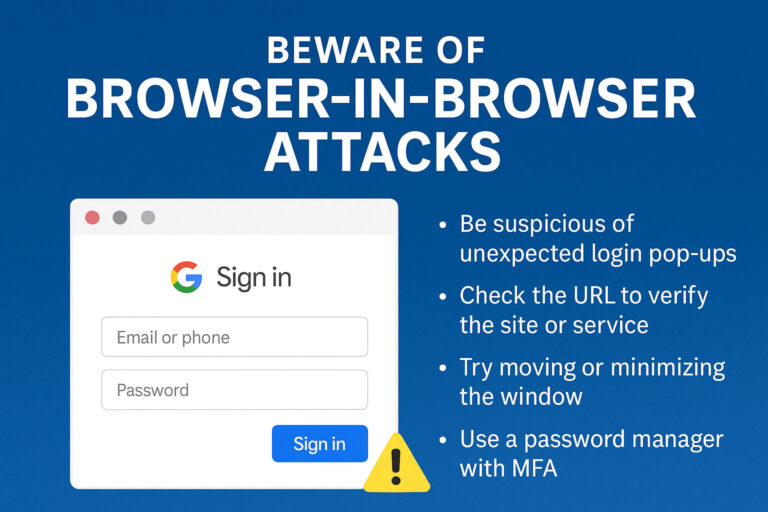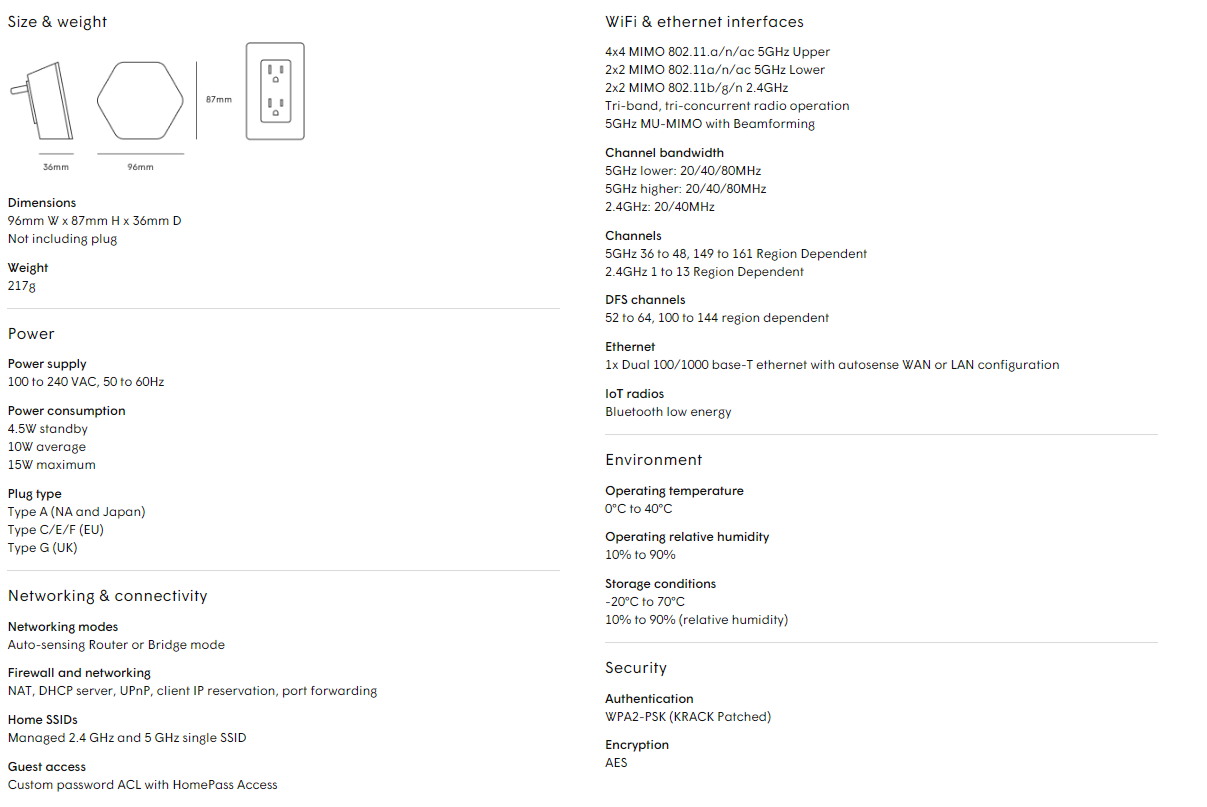Protect Yourself with These Tips
In the ever-evolving landscape of online scams, cybercriminals continue to find new and convincing ways to trick users into divulging sensitive information. One such method gaining popularity is the “I Can’t Believe He’s Gone” Facebook phishing scam, a devious ploy that preys on emotions to steal valuable credentials.
The scam typically starts with a seemingly heartfelt post from a friend, stating, “I can’t believe he is gone. I’m gonna miss him so much.” Accompanying the emotional message is a link to what appears to be a news article or video related to the supposed event. However, the harsh reality sets in when you click the link, only to be redirected to a fake web page prompting you to log in to Facebook.
Once you enter your login information, scammers swiftly redirect you to an unrelated page, leaving you in the dark about any news article or video. The harsh truth is that your Facebook credentials have just been stolen through a sophisticated phishing attack.
This scam is particularly insidious because scammers utilize compromised Facebook accounts to disseminate the phishing links. These posts come from seemingly trustworthy sources – your friends and family – making it all the more convincing. Once you fall victim to their tactics, scammers can exploit your Facebook account to propagate the same deceptive message to your network of friends and family.
To protect yourself from falling prey to the “I Can’t Believe He’s Gone” Facebook phishing scam, consider the following tips:
Enable Multi-Factor Authentication (MFA):
Whenever possible, activate multi-factor authentication for your accounts. MFA adds an extra layer of security by requiring additional verification steps before allowing access. This makes it significantly more challenging for scammers to compromise your account even if they have obtained your login credentials.
Verify Suspicious Posts:
While a post from a friend may seem legitimate, their account could be compromised. If you encounter a post that raises suspicion, contact the friend directly through phone or text to verify the message’s authenticity. It’s better to be safe and confirm before clicking on any links.
Extend Caution Beyond Facebook:
Recognize that this type of phishing attack isn’t exclusive to Facebook. Scammers may employ similar tactics on other social media platforms. Stay vigilant and be cautious when encountering unexpected posts or messages on any online platform.
By staying informed and implementing these precautionary measures, you can significantly reduce the risk of falling victim to the “I Can’t Believe He’s Gone” Facebook phishing scam and other deceptive online tactics. Protect your online presence, safeguard your credentials, and contribute to a safer digital community.
Contact Citynet for Multi-Factor Authentication solutions such as DUO, and to incorporate security awareness training in your workplace from Citynet partner KnowBe4.








